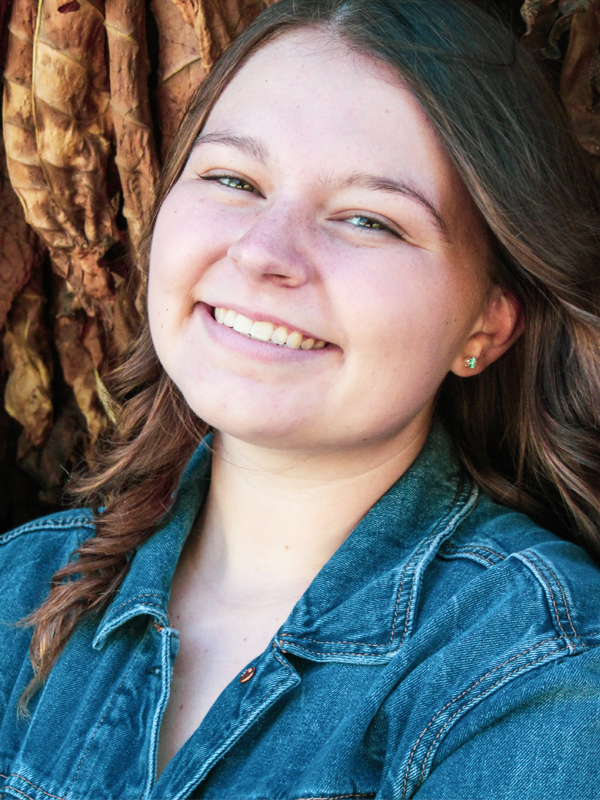Visionaries: How one college class can snowball into a career and a passion
Beth Hall had a unique path to becoming Indiana’s State Climatologist, and she recognizes that students from a variety of fields and backgrounds can pursue a climate- or weather-related career just as she did. She started her journey by attending Indiana University for telecommunications but took a weather course and absolutely fell in love with it. She soon discovered that IU had the degree that would allow her to be certified to operate as a forecaster for the National Weather Service.
However, when she graduated and prepared to enter the workforce, the federal government implemented a hiring freeze. She decided to continue her education in a graduate program in Reno, Nevada, where she gained experience in fire weather meteorology while working with the Western Regional Climate Center. She jumped head-first into this position and quickly realized that she had plenty to learn.Hall’s time in Nevada exposed her to a plethora of opportunities and experiences that vary wildly from her work today. She focused on the research aspect of climate work. The area the Western Regional Climate Center covers spans 14 states, including Alaska and Hawaii. That presented a wide variety of weather phenomena for her to learn from. Hall made several other stops after her time in Nevada, working at a couple different universities in climate research.
Now, Hall holds more of an administrative role within the Midwestern Regional Climate Center and the Indiana State Climate Office. Hall’s path is by no means unique. She explained that students with a variety of skills are always in high demand in climate-related careers. Some of the majors that could potentially seek out careers in this field are agronomy, computer science, agricultural communication, chemistry, and physics. She now works to ensure that the Midwest Regional Climate Center offers at least one internship each summer.Learn more about Beth Hall's work
Meet the Filmmaker/Blogger
 Allison Lund, student filmmaker and blogger
Allison Lund, student filmmaker and blogger Allison Lund is a sophomore agricultural communication major from Cambridge, Wisconsin. Lund plans to pursue a career in agricultural journalism after her time at Purdue, and she hopes to write for an agricultural magazine.
About Visionaries
This blog and video are part of the Visionaries series, which highlights the work and lives of researchers in the Purdue University College of Agriculture. The content for this series is created by the students of ASEC 280 (Digital Storytelling).
Videos are also available on the Purdue Agricultural Sciences Education and Communication YouTube channel





